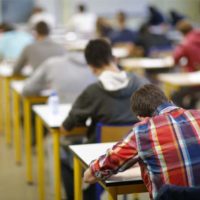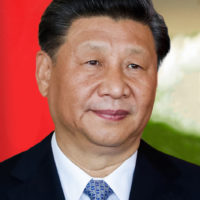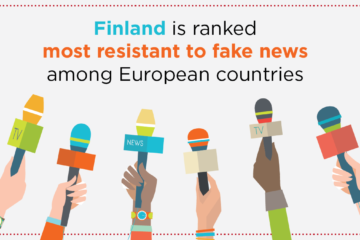Teacher Salaries Up in Estonia
Teacher salaries continue to rise in Estonia, according to a Ministry of Education and Research review of the last academic year. Salaries have doubled since 2011 and have risen over 30 percent in the past five years. The review said that salaries of kindergarten teachers still need to increase, so that they are on par with those of other school teachers. The review also noted that nearly 40 percent of teachers in Estonia work part time. For more, see ERR.

Korea Offers University Tuition Support to Lower Income Families with Multiple Children

The Korean government announced that it will cover university tuition for low- to middle-income families with multiple children as part of a set of new policies focused on supporting youth. Under the plan households in the bottom 80 percent income bracket will receive full college tuition support starting with their third child. The poorest families will get the same benefit starting with their second child. The government also intends to raise the value of scholarships available to low-income students. Read more in The Korea Times.
Australia’s Reading and Math Scores on Par with 2019, Despite Remote Learning
Results from this year’s annual reading and math exam, the National Assessment Program for Literacy and Numeracy (NAPLAN) show third, fifth, seventh and ninth grader’s performance on par with 2019 results, the last time the assessment was given. David de Carvalho, the chief executive of the Australian Curriculum Assessment and Reporting Authority (ACARA) said the results are “…a testimony to the resiliency of students, teachers, parents and carers during these challenging times.” While the summary results are better than expected, de Carvalho said it is “likely” that scores for some student subgroups may have declined, due to the shift to remote learning for part of the year. The full suite of data, including outcomes broken down by demographic subgroups, will be released in December 2021. Read more at the Guardian, and see the NAPLAN results on the ACARA website..

New Curriculum Guidelines Integrate “Xi Jinping Thought” into Chinese Schools

Students from primary school to university will receive education in “Xi Jinping Thought,” according to new guidelines from China’s Ministry of Education. The president’s school of political thought was formally adopted in the Chinese Constitution in 2018, but had not been integrated into school before now. Students will devote time to explicitly studying socialist theory, the history and structure of the Communist Party of China, and national security. Xi Jinping is only the third president of China to have his “thought” enshrined in students’ education, the others being Mao Zedong and Deng Xiaoping. Read more at BBC.
New Zealand to Award Extra Graduation Credits to Students Impacted by Pandemic
New Zealand’s Minister of Education, Chris Hipkins, announced that it will award bonus credits toward the National Certificate for Educational Achievement (NCEA) for students whose learning has been disrupted for 20 or more days by the pandemic this year. The NCEA is awarded at the end of secondary school, and students must earn a set amount of credits to meet certain university entrance requirements. The Ministry awarded bonus credits for students in 2020 as well. In addition to receiving extra credits towards their NCEA, these students will also be entitled to adjustments to merit endorsements on their certificates and university entrance transcripts. Hipkins said, “Teachers are working hard to keep students on track, but those in their senior years will be especially concerned about their opportunity to achieve their NCEA if lockdown continues.” For more, see The New Zealand Herald.





